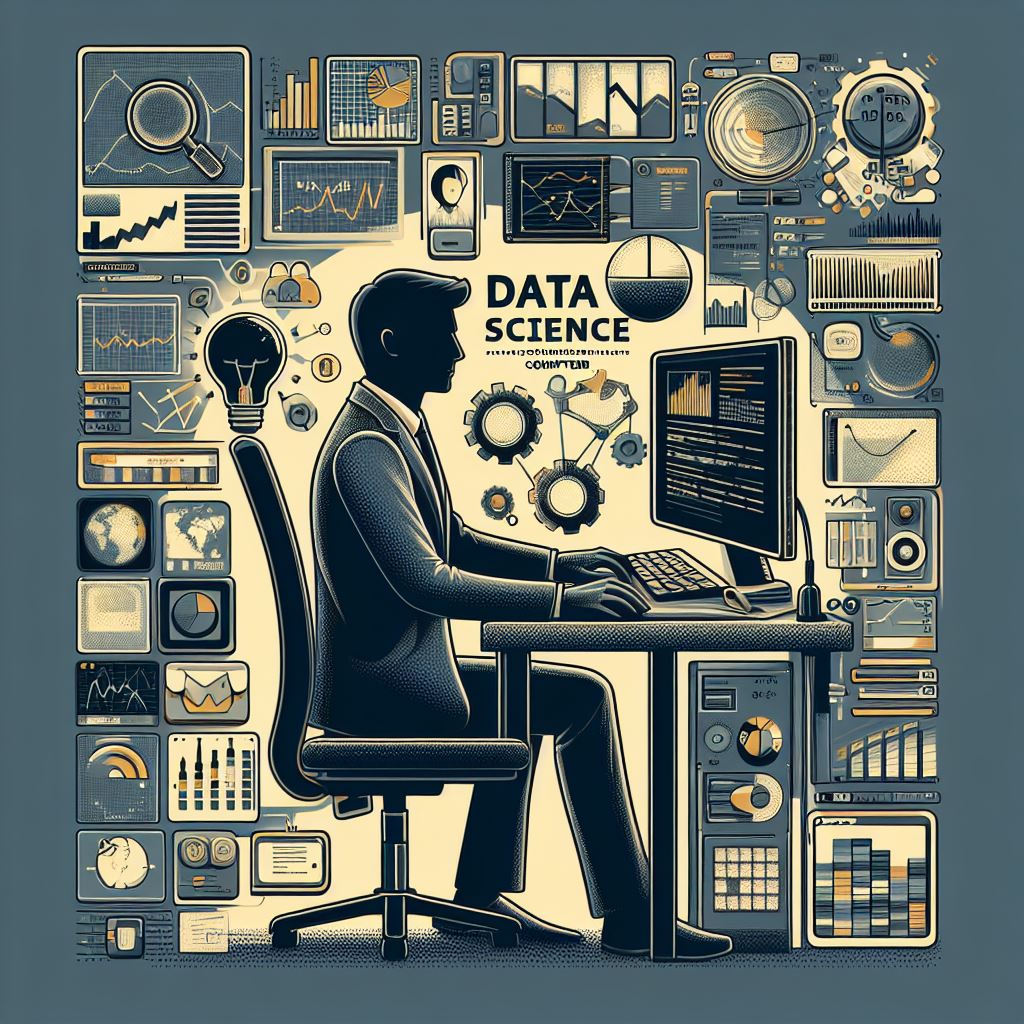The finance industry has always been data-driven, but in recent years, the role of data science has become even more prominent. With the advent of advanced machine learning models, big data analytics, and AI-powered tools, data science is transforming how financial institutions make decisions, manage risk, and optimize operations. From predictive modeling to fraud detection, data science is now a key component of financial strategies, enabling businesses to gain insights and make more informed choices. In this article, we’ll explore the impact of data science on the finance industry and how it’s reshaping the sector.
1. Data Science for Predictive Analytics in Finance
One of the most significant contributions of data science to finance is predictive analytics. Financial institutions can use machine learning algorithms to analyze historical data and predict future trends. For instance, predictive models can help forecast stock market movements, credit scores, and even customer behavior. These insights enable businesses to make proactive decisions, whether it’s for investment strategies, credit risk assessment, or customer retention.
2. Fraud Detection and Prevention
Fraud is a major concern for financial institutions, and data science has proven to be invaluable in detecting and preventing fraudulent activities. By analyzing transaction data in real-time, machine learning models can identify unusual patterns that may indicate fraud. Algorithms can flag suspicious activities such as identity theft, credit card fraud, or money laundering, enabling banks to take immediate action. This helps reduce financial losses and maintain customer trust.
3. Risk Management and Optimization
In finance, managing risk is crucial to maintaining stability. Data science helps financial institutions assess risk more accurately and efficiently. Through advanced analytics, banks and investment firms can evaluate the risk of various financial products, loans, or investments. Machine learning models can also help optimize portfolios by identifying the best combinations of assets to minimize risk while maximizing returns. This allows financial institutions to make better decisions in a rapidly changing market.
4. Algorithmic Trading and High-Frequency Trading
Algorithmic trading, also known as algo-trading, has become one of the most widely used techniques in financial markets. By utilizing data science, traders can automate buying and selling decisions based on real-time market data. High-frequency trading (HFT) takes this a step further, using complex algorithms to execute thousands of trades in milliseconds. These trading strategies rely heavily on data analysis and computational power, enabling traders to gain an edge in the highly competitive financial markets.
5. Personal Finance Management
Data science is also making a significant impact on personal finance management. With the help of machine learning, personal finance apps can analyze spending patterns, track investments, and provide personalized financial advice. These tools can help individuals make smarter decisions about budgeting, saving, and investing, ensuring long-term financial stability. As technology continues to evolve, the use of data science in personal finance will only grow, providing more insights and services to consumers.
Conclusion
Data science is no longer a niche field; it has become an essential tool for financial institutions looking to stay competitive in a rapidly evolving market. By leveraging machine learning, predictive analytics, and AI technologies, finance professionals can gain deeper insights, improve decision-making, and enhance overall efficiency. As the role of data science in finance continues to expand, its impact will only grow, reshaping the industry in ways we can only begin to imagine.
